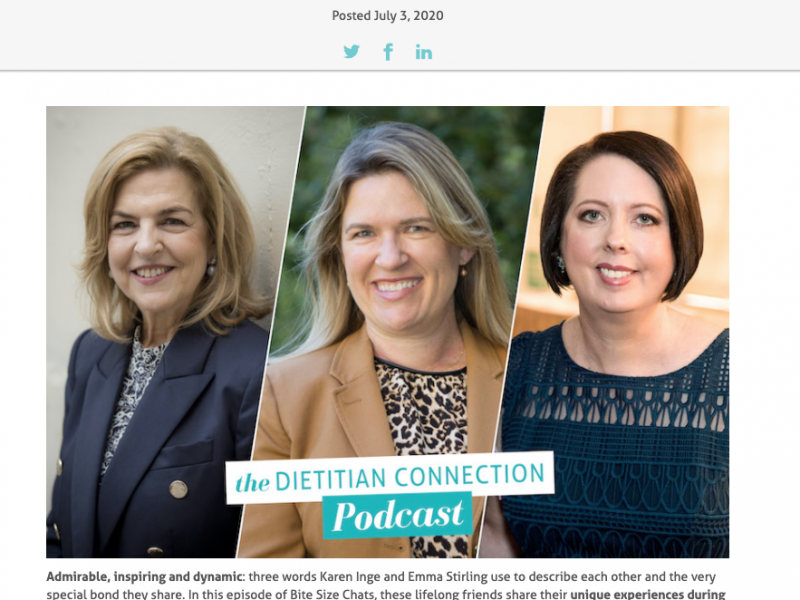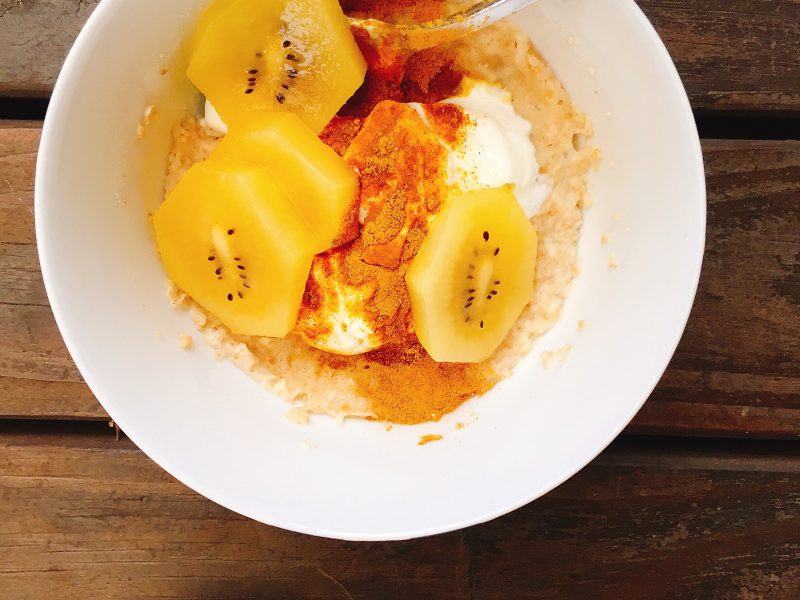Are you tracking the new 2015 food and health trends? We are always amazed to see how something can start off small and spread like wild fire. One hot trend on our summer radar is alkalising or the alkaline diet, so we asked our regular reporter Felicity Curtain to investigate.
About our expert:
Felicity Curtain is a passionate final-year Dietetics student at La Trobe University, who also runs a popular nutrition blog. Combining her love of current affairs and nutrition, Felicity’s main area of interest is in reviewing trending food crazes, as well as ‘debunking’ food myths. Felicity is itching to finish up study and move into the working world, ultimately aspiring to work in nutrition communications and the food industry. Check out her most popular post to date, reviewing the food trends of 2014! Follow Felicity on Twitter @felicitycurtain and Facebook at Felicity Curtain Nutrition.
Back in 2012 the nation went crazy in response to celebrity chef Pete Evans’ ‘Day on a Plate,’ featured in The Age’s Sunday Life magazine. Along with those infamous #ActivatedAlmonds, which trended on twitter for a full 24 hours afterwards, the article featured another divisive food trend that perplexed readers and health professional alike: alkalised water.
Now, Pete’s not the only celeb to jump on the alkalising bandwagon. Gwyneth Paltrow, Elle MacPherson and a long list of others reportedly swear by an alkaline diet to shed kilos, boost energy and, well, detox. Elle has even developed her own dietary supplement The Super Elixir to help. But is eating according to the pH scale really beneficial for our health? Read on to find out whether this is a way of life to add onto to your list of New Year’s resolutions.
What is alkalising and the alkaline diet?
Acidity is measured according to a pH scale of 1-14, where anything below 7 is acidic, and anything above 7 is alkaline (or basic).
The alkaline diet is based on the theory that foods like dairy, meat, grains, egg yolks and processed foods cause a multitude of health problems on account of being ‘acid-forming’, and so should be avoided. Instead, the diet recommends ‘alkaline-forming’ foods like fruit, vegetables, nuts and seeds, and some grains like quinoa and buckwheat.
The idea behind this is that our blood is slightly alkaline (with a pH between 7.35-7.45), and thus our diet should be mainly comprised of alkaline-forming foods to match.
What do critics and supporters say?
Now, it’s fairly obvious that increasing our consumption of fruit, vegetables, wholegrains and legumes will be beneficial for our health, as will cutting down on processed foods – you might even lose weight! But these results have nothing to do with reducing your body’s acidity.
The fact is, different parts of our bodies have different pH levels – so while the blood is slightly alkaline, the stomach and mouth are actually quite acidic due to digestive enzymes.
Yet some proponents of alkaline diets claim that followers can witness ‘proof’ of the regime’s alkalising influence by testing the pH level of their urine. Certainly, the food we eat food might indirectly alter the acidity of our urine – but it is highly unlikely to have any effect on the acidity of the blood, which is tightly regulated by organs such as the kidneys, lungs and liver. There is little danger of our bodies becoming overly acidic through food alone, with only very serious medical conditions leading to acidosis (increased acidity in the body and blood).
But is it all bad?
Not necessarily, according to Dr Joanna McMillan, who explains there are some benefits to eating in a way that supports an acid-alkaline balance, with interesting prospects for reduced risks of kidney problems and muscle wastage, as well as improved heart and brain function. However, Dr Jo also points out that to assume (as the alkaline diet does) that these potential benefits arise simply from restricting acid-forming foods is a gross oversimplification.
As a nation, we certainly don’t eat enough plant foods, and we’re absolutely overdoing it on the treats. But rather than dedicating yourself to a confusing, ill-founded celebrity-endorsed diet, why not start with a simpler resolution for the New Year? Personally, I’m sticking with Michael Pollan’s classic: “Eat food. Not too much. Mostly plants.”
Editor’s comment:
Thanks for the heads up on this new trend Felicity. I’d love to hear more from our lovely readers? Is alkalising on your radar? What do you think?





